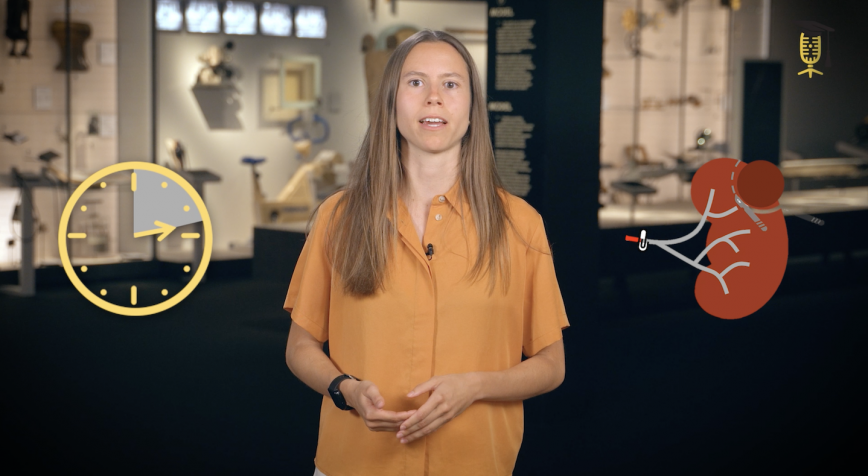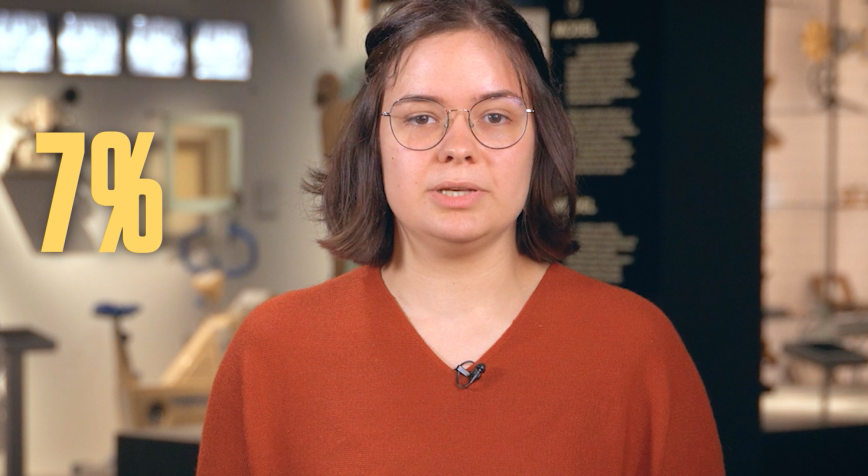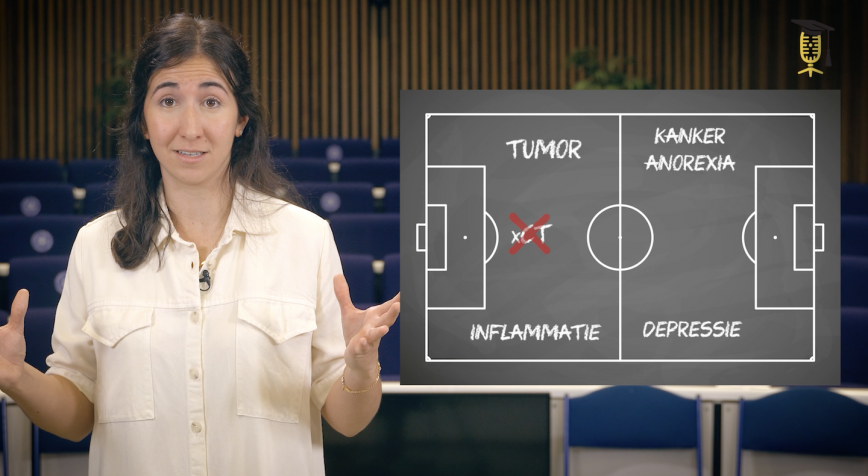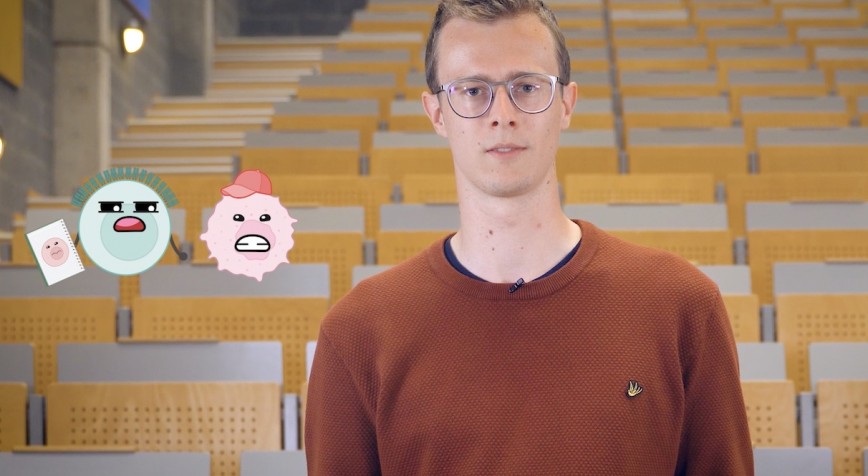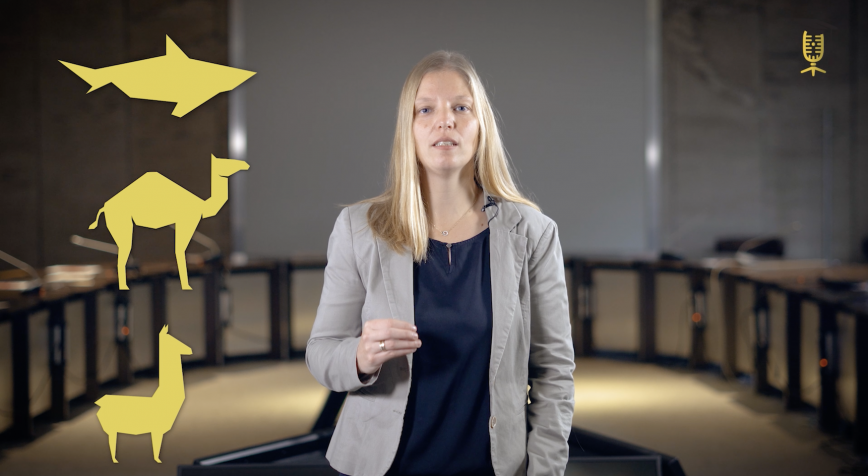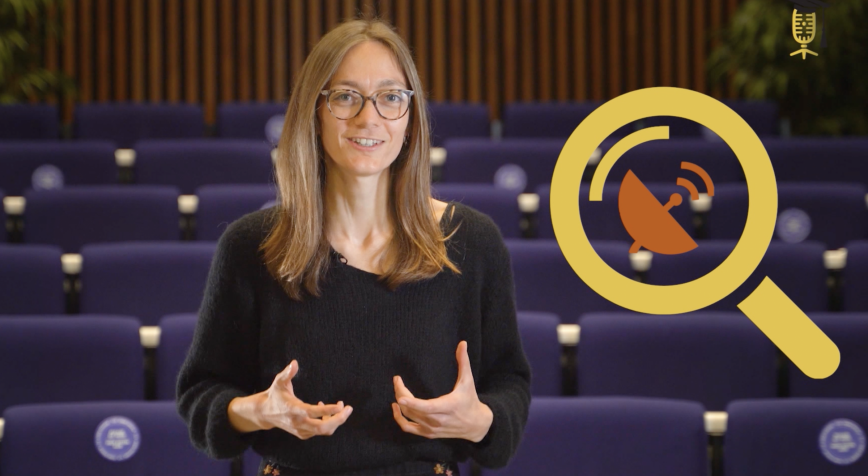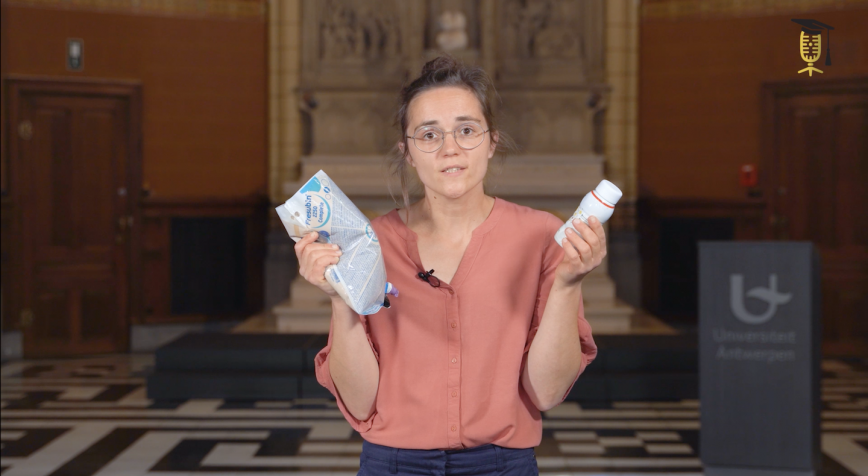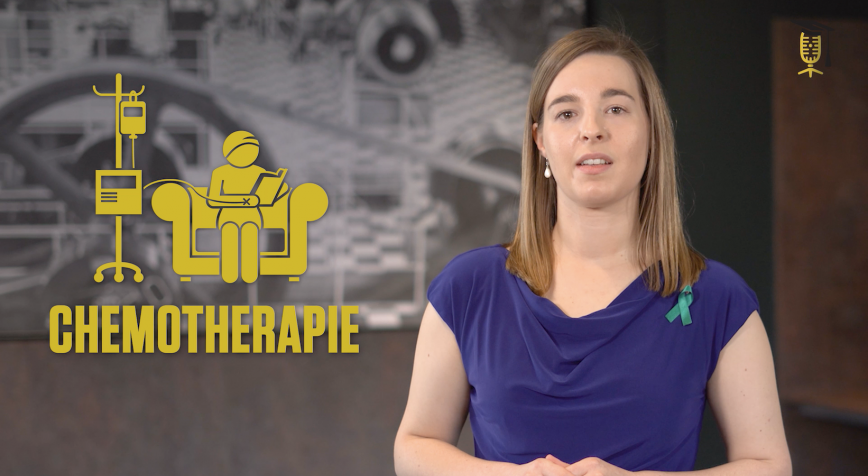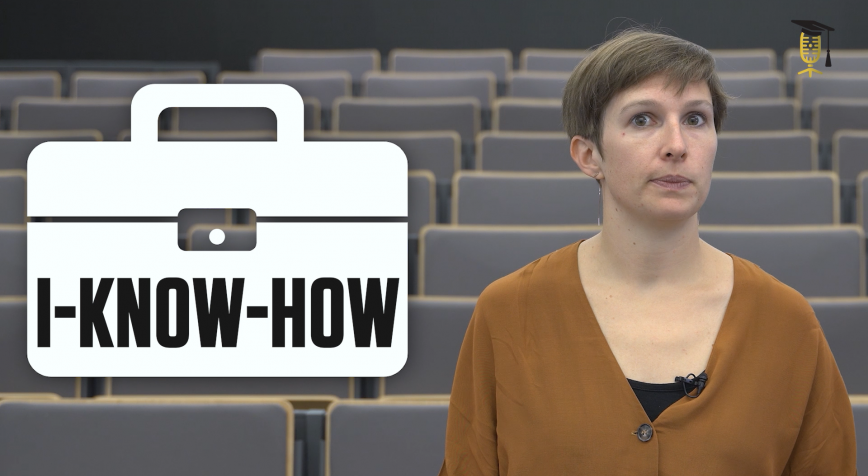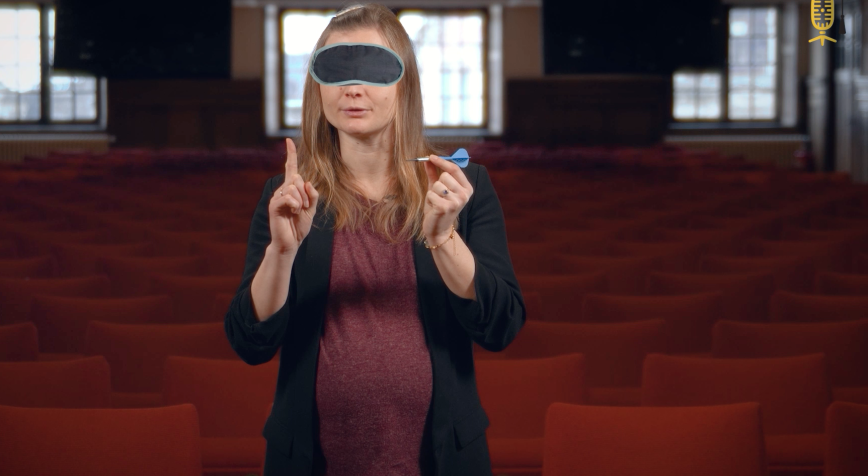
FWO
KU Leuven
Helping clinicians treating moving tumors with radiation
Thanks to advanced proton therapy, doctors can precisely start irradiating brain tumours. Unfortunately, they do not yet dare to use this technique on tumours in the belly. Why? Because it's a bit like playing darts with a blindfold, while you have to hit a moving target, as Sophie Heymans explains in this video. She tells you about the technique she is working on to help doctors face this challenge.

